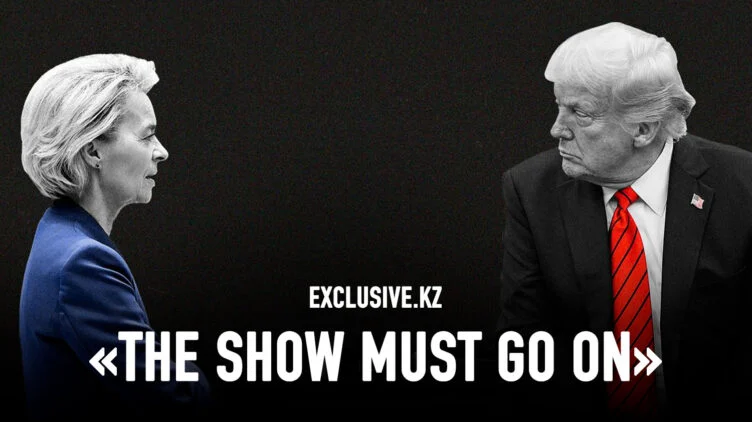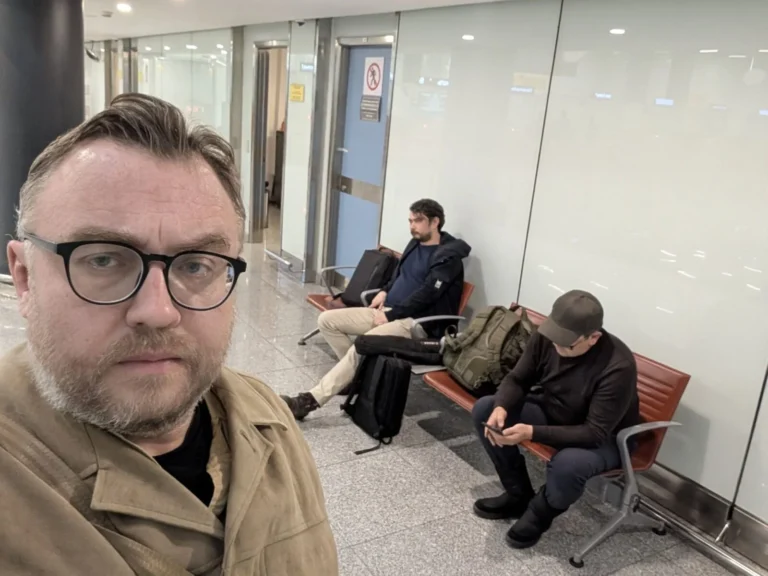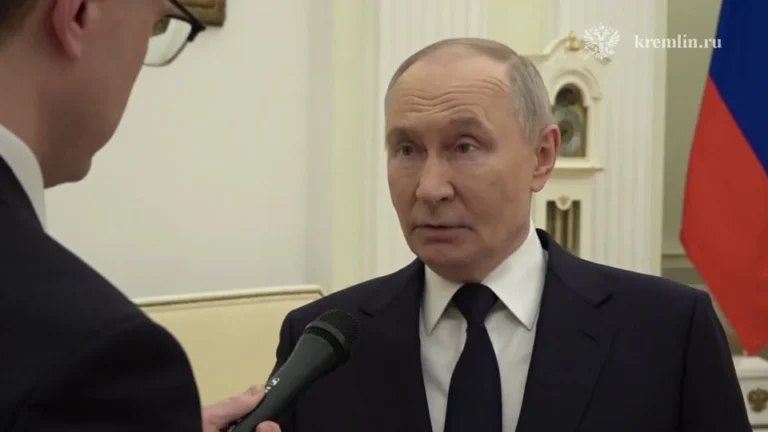Resisting a Trump World Order

The image of US President Donald Trump and European Commission President Ursula von der Leyen at Trump’s Turnberry golf course in Scotland was of no mere handshake sealing a trade deal. It was a symbol of the Trump administration’s historic rupture with American history and America’s guiding principles – a rupture with profound consequences for the global economy and international security.
From Europe, it is strange to watch a country which, for 249 years, has loudly proclaimed its reliance on the concept of “we the people” – the opening words of the US Constitution – suddenly abandon faith in its own institutions as the country’s legitimately elected leader rapidly dismantles them.
But just blaming Trump for America’s betrayal of itself is too glib an explanation for the transformation that has taken place in the United States. Something deeper and more disturbing is at work.
America’s contribution to the world was, beginning after World War I and with greater success after World War II, to build a world based on its own history. It sought core institutions, rules, and norms that would allow the world to order itself in a predictable way.

President Woodrow Wilson’s famous 14 Points, issued in January 1918, the final year of WWI, can be considered the birth certificate for the ideas that shaped the post-WWII era, including point 14: “A general association of nations must be formed under specific covenants for the purpose of affording mutual guarantees of political independence and territorial integrity to great and small states alike.”
Large and small states should respect each other’s political independence and territorial integrity. But today, that fundamental principle no longer seems to be accepted. Russian President Vladimir Putin’s invasion of Ukraine wounded it gravely, but Trump’s public refusal to rule out using force to take over Greenland and the Panama Canal may have delivered the mortal blow. Likewise, Trump’s weaponization of trade tariffs against Brazil as punishment for its prosecution of former President Jair Bolsonaro betrays Trump’s lack of respect for Brazil’s political independence.
The trade deal between the US and the European Union goes even further. It abandons rules all together.
The purpose of the postwar institutions and rules was to establish acceptable and unacceptable forms of behavior in international affairs, ensuring that most states, most of the time, would behave in predictable ways. Trump, however, is institutionalizing unpredictable behavior as the new norm for America’s international conduct.
There are doubtless people around Trump who believe in what he is doing, or who want to make it seem as if the administration has a coherent, rational plan hidden behind the bombastic rhetoric about making America great again. But, in fact, Trump’s actions can be understood only through two other prisms.
First, Trump’s erratic behavior is a means of systematically testing the limits of his political power vis-à-vis all other US institutions, including not only Congress, the courts, and state governments, but also elite universities, major media outlets, and powerful law firms. Likewise, his trade policy has no foundation in principle, economic theory, or institutions; it is purely arbitrary and subjective, and that is the point.
Second, Trump’s primary motive is to remove any limits on his own political room for maneuver. This was evident in the handshake with von der Leyen. The US-EU “deal” ratifies the notion that Trump can do whatever he wants, dispensing with the founding principles of the World Trade Organization: nondiscrimination between trading partners and between domestic and foreign goods; reduction of trade barriers through negotiation; non-arbitrary tariff adjustments; and use of international trade as a tool to help developing countries.
Though there will be lawsuits and some resistance from lower-level US courts, no one should cling to the belief that the tariffs will disappear. There is nothing more addictive to politicians than unexpected, permanent revenues (especially when you need the money), and the US Treasury reports that tariff income has indeed increased substantially.
In politics, a secure stream of short-term revenue always prevails over an uncertain long-term loss of wealth. Having given Trump unlimited power over US trade policy, a Congress that wanted to lower his tariffs would have to explain to the American people where it intends to find new sources of revenue, and in America’s case, broadly raising taxes still appears to be a nonstarter. For these reasons, America’s break from its own past seems likely to endure.
What does this augur for America and the world? As Daron Acemoglu and James A. Robinson show, economic and political institutions are the key factor in whether nations succeed or fail. Central to their argument is the ability of institutions to protect property rights and create incentives for economic growth.
Though international and US institutions are embattled, they could still be preserved if others took steps to shield them from Trump’s relentless efforts to expand his personal power. Unfortunately, the EU, driven by pragmatic but myopic reasons, chose to accept the world according to Trump, where all the rules of global governance are replaced by the whims of one man.
Copyright: Project Syndicate, 2025.





Все комментарии проходят предварительную модерацию редакцией и появляются не сразу.